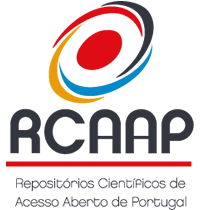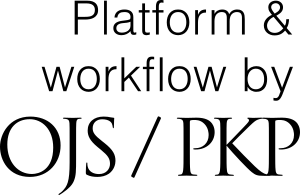Effectiveness of MetWLPro, a tailored metabolic weight loss program in overweight and obese women: a 6-month study
DOI:
https://doi.org/10.48797/sl.2025.376Keywords:
PosterAbstract
Background: Obesity is a progressive and relapsing chronic disease with serious health consequences and is recognized as a major global public health concern. In Europe, over half of the adult population is classified as overweight, with obesity rates around 17%—a figure consistent with data from Portugal. Achieving and maintaining weight loss (WL) remains a significant challenge. First-line interventions such as dietary modification, caloric restriction, and increased physical activity often result in limited long-term adherence and effectiveness. Therefore, innovative nutritional strategies and integrated WL programs are urgently needed to address the multifactorial nature of obesity and support sustainable weight management. Objective: This study aimed to investigate the effect of a newly developed Metabolic Weight Loss Program (MetWLPro) on weight loss among adult women with overweight and obesity over a 6-month period. Methods: MetWLPro was a 6-month clinical weight loss study conducted in 2021 across a community pharmacy network. The program combined individualized nutritional counseling focused on a metabolic nutritype-based Mediterranean diet with targeted nutritional supplementation. Eligible participants were women aged 18 to 85 years with a body mass index (BMI) ≥ 25 kg/m2. A total of 1,078 participants (mean BMI 31.2 ± 4.9 kg/m2) completed the program, which included personalized consultations with a nutritionist every 2–3 weeks over 30 weeks. Primary outcomes included changes in body weight (kg) and fat mass (%), while secondary outcomes assessed changes in fat-free mass and waist circumference. Results: Among the 1,078 participants, the average weight loss after 6 months was −6.1 ± 13.7 kg (p < 0.001), with −4.6 ± 13.9 kg (p < 0.001) observed at the 3-month mark. Significant reductions were also recorded in fat mass (−3.5 ± 6.6 kg, p < 0.001) and waist circumference (−8.4 ± 11.9 cm, p < 0.001). Fat-free mass decreased slightly (−0.98 ± 7.3 kg), but the change was not statistically significant (p > 0.05). Conclusions: This study demonstrates that the pragmatic implementation of a structured and integrated anti-obesity program, featuring an individualized nutritional approach based on metabolic nutritypes aligned with the Mediterranean diet, and supported by targeted nutritional supplementation, can lead to significant reductions in total body weight and fat mass, while preserving fat-free mass.
References
1. Frühbeck, G. et al. The ABCD of Obesity: An EASO Position Statement on a Diagnostic Term with Clinical and Scientific Implications. Obes Facts 2019, 12(2), 131–136, doi: 10.1159/000497124
2. World Obesity Atlas 2023 Report | PDF | Obesity | Body Mass Index https://pt.scribd.com/document/629136756/World-Obesity-Atlas-2023-Report (accessed April 09, 2025).
3. Englert, I. et al. Concept of an Intervention for Sustainable Weight Loss in Postmenopausal Women with Overweight—Secondary Analysis of a Randomized Dietary Intervention Study. Nutrients 2023, 15(14), 3250, doi: 10.3390/nu15143250.
Downloads
Published
How to Cite
Issue
Section
License
Copyright (c) 2025 Rui Linhares, Francisco Pinho, Marisa Machado

This work is licensed under a Creative Commons Attribution 4.0 International License.
In Scientific Letters, articles are published under a CC-BY license (Creative Commons Attribution 4.0 International License), the most open license available. The users can share (copy and redistribute the material in any medium or format) and adapt (remix, transform, and build upon the material for any purpose, even commercially), as long as they give appropriate credit, provide a link to the license, and indicate if changes were made (read the full text of the license terms and conditions of use).
The author is the owner of the copyright.









